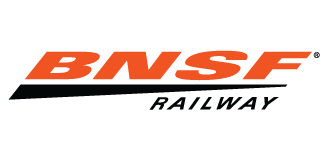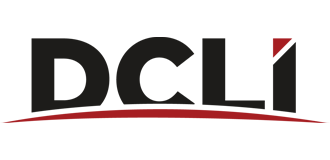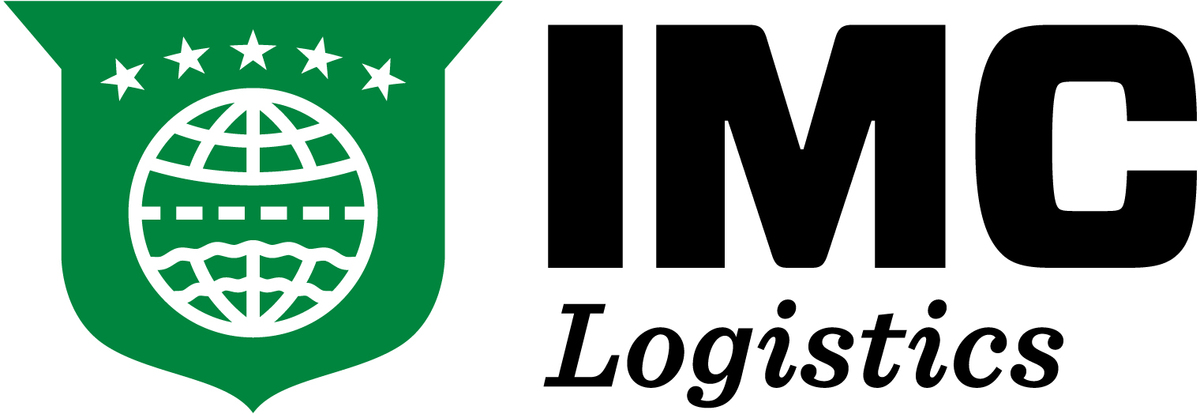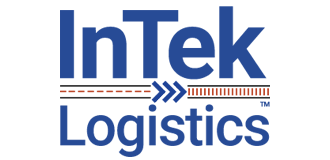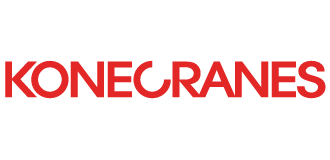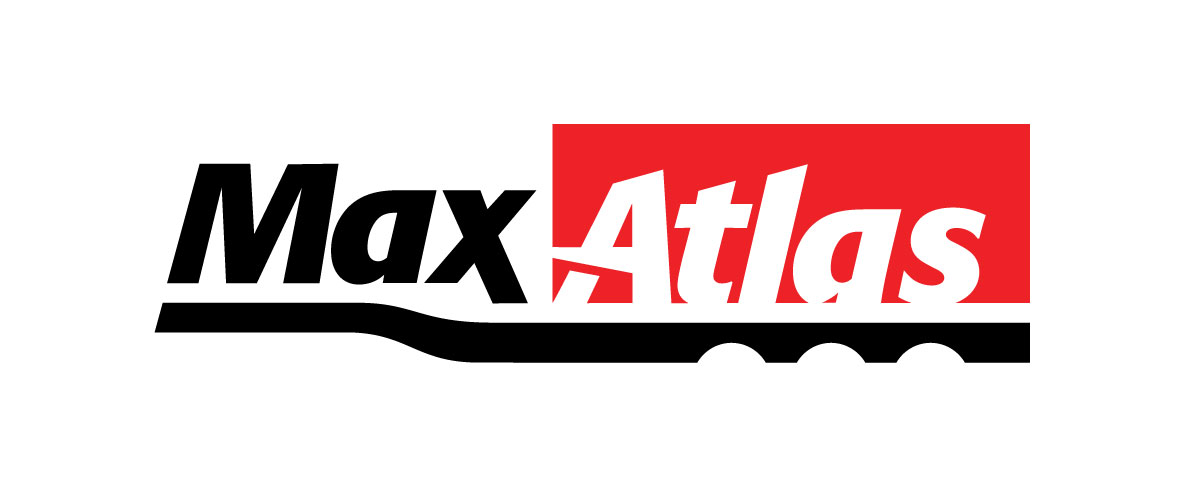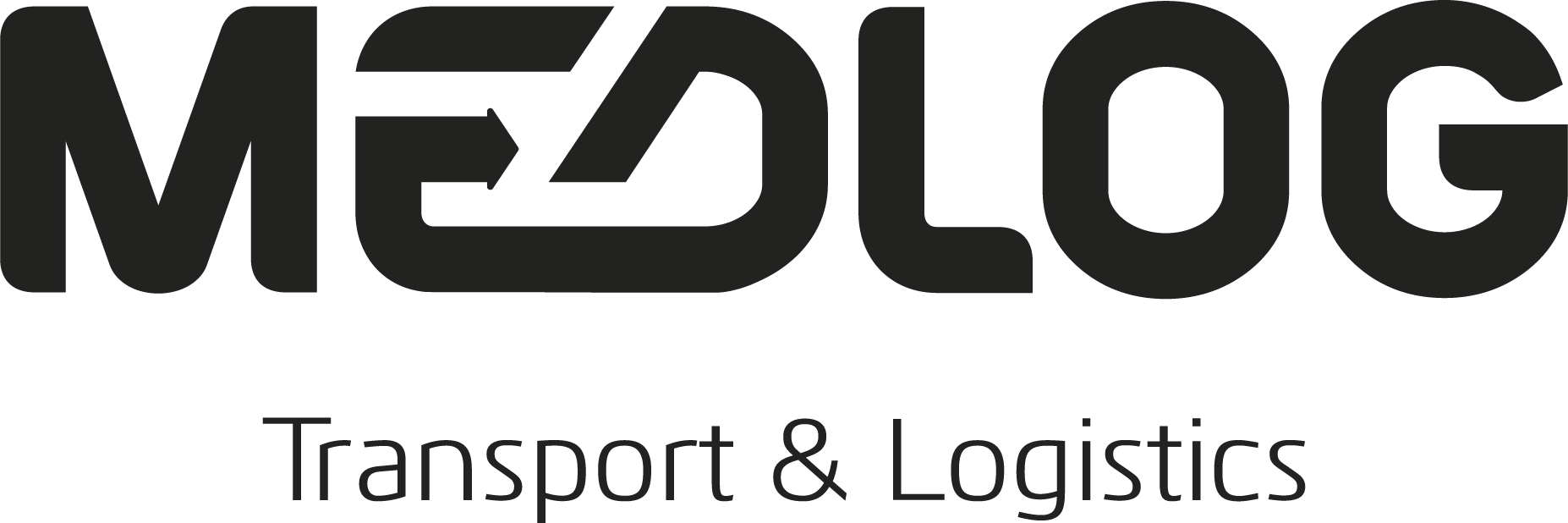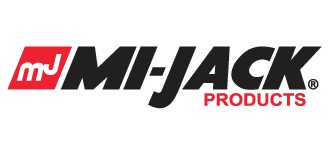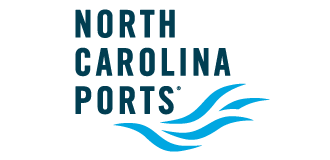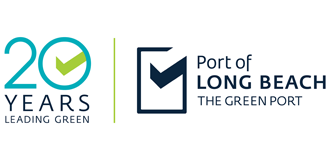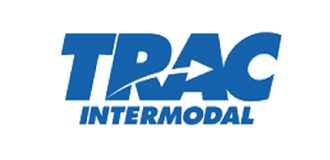KEY AGENCIES
Feb 13, 2026 Updates
There was no reportable FHWA activity last week.
The Federal Maritime Commission is seeking public comment by March 27 on allegations that ocean carriers are restricting chassis choice—citing its February 2024 IMCC v. OCEMA decision—and requests input on chassis availability, carrier-designated providers, and related practices under the Shipping Act.
The Federal Motor Carrier Safety Administration is seeking comments (due March 11) on an exemption request from the Federation of Professional Truckers that would allow drivers and small carriers to use manual logs in place of electronic logging devices (ELDs).
The Federal Motor Carrier Safety Administration issued a final rule (effective March 16) tightening CDL eligibility for non-domiciled drivers by limiting it to certain visa holders (H-2A, H-2B, E-2), prohibiting use of EADs as proof of eligibility, and requiring states to verify lawful status through the SAVE system.
USDOT’s Office of the Assistant Secretary for Research and Technology issued an RFI to inform its FY26–30 transportation R&D strategic plan, seeking input on research priorities, emerging trends/gaps, coordination, standards/interoperability, and deployment—comments due February 12.
STB determines UP and NS merger application is incomplete without prejudice to refiling. Click here for more details.
STB proposes eliminating reciprocal switching agreement and through rate regulations and to instead consider petitions on a case-by-case basis. Comments due 03/10/26. Reply comments due 04/24/26. Click here for more details.
NS submits responds to comments on the completeness of their merger application. Click here for more details.
UP submits responds to comments on the completeness of their merger application. Click here for more details.
Other Offices & Agencies
- U.S. Customs and Border Protection has proposed a rule requiring advance electronic export manifest (EEM) data for vessel cargo, mandating key shipment details be filed 24 hours and remaining information two hours prior to loading, with comments due April 13.
- The U.S. Environmental Protection Agency announced plans to rescind the 2009 Endangerment Finding and repeal greenhouse gas emission standards for motor vehicles, asserting the Clean Air Act does not provide statutory authority, with a formal Federal Register notice pending.
- Internal Revenue Service
- Maritime Administration
- National Highway Traffic Safety Administration
- National Labor Relations Board
- Office of the United States Trade Representative
- Pipeline and Hazardous Materials Safety Administration
- Transportation Security Administration
- U.S. Coast Guard
- U.S. Customs and Border Protection
- U.S. Department of Commerce
- U.S. Department of Justice
- U.S. Department of Labor
- International Maritime Organization



